Alpine has unveiled the Alpenglow Hy4, a hydrogen-combustion supercar that will be used to develop the technology for future road and track cars.
An evolution of the Alpenglow concept shown two years ago, it tomorrow makes its dynamic debut at Spa-Francorchamps in Belgium as a showcase of the performance potential of the emerging technology.
It is powered by a new turbocharged 2.0-litre four-cylinder engine said to be unrelated to the A110’s. Hydrogen is drawn from three tanks, each carrying 2.1kg of the gas at 700 bar of pressure. This is then injected into the cylinders at 40 bar alongside a spray of water that is said to reduce toxic NOx emissions.
The powerplant can rev to 7000rpm – 200rpm higher than its limit in the top-rung A110 R – and sends up to 335bhp through a sequential gearbox. Performance is said to be comparable to its petrol counterpart.
To accommodate the system, Alpine has tweaked the Alpenglow’s proportions compared with the 2022 concept. It sits slightly higher and the crash structure has been reworked to fit two occupants, for instance, and the sidepods now host the hydrogen tanks.
The car will carry out demonstration runs at several high-profile events, informing the development of an all-new hydrogen-powered V6 that’s under way at Alpine. That engine is earmarked to replace the Alpenglow’s existing four-pot by the end of this year and will most likely power the company’s entrant for the 2027 edition of the Le Mans 24 Hours – the first year that hydrogen-combustion cars will be allowed to compete. Alpine said it is “paying close attention” to such regulation changes across motorsport.
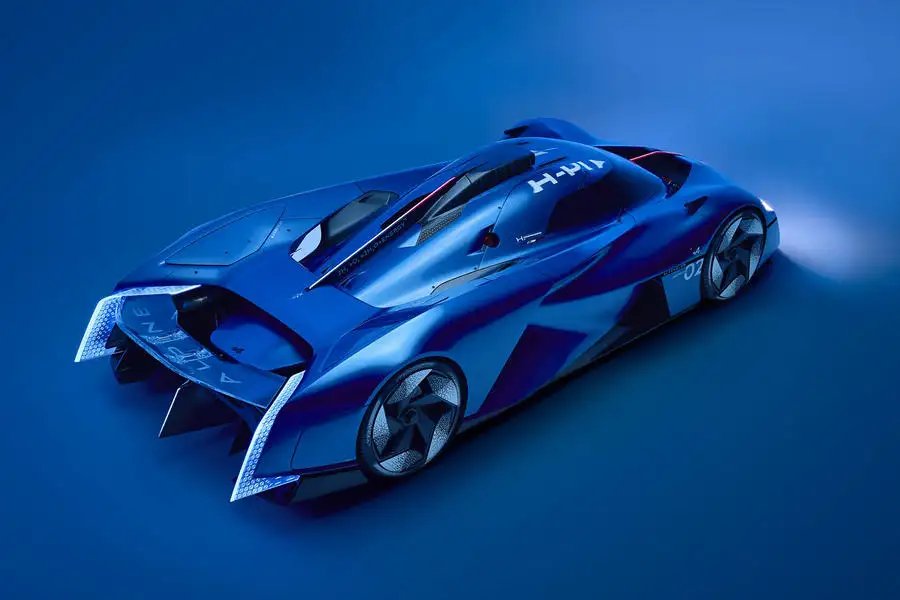
The brand also suggested that the V6 could even be bound for its future road cars. Bruno Famin, vice-president of Alpine Motorsports, said: “As part of our active participation in decarbonising motorsports, we see the hydrogen internal combustion engine as an extremely promising solution.
“We know that hydrogen will be an essential step in decarbonising the next generations of endurance cars and could also be for Formula 1 cars, particularly by switching to liquid storage for greater compactness and performance.




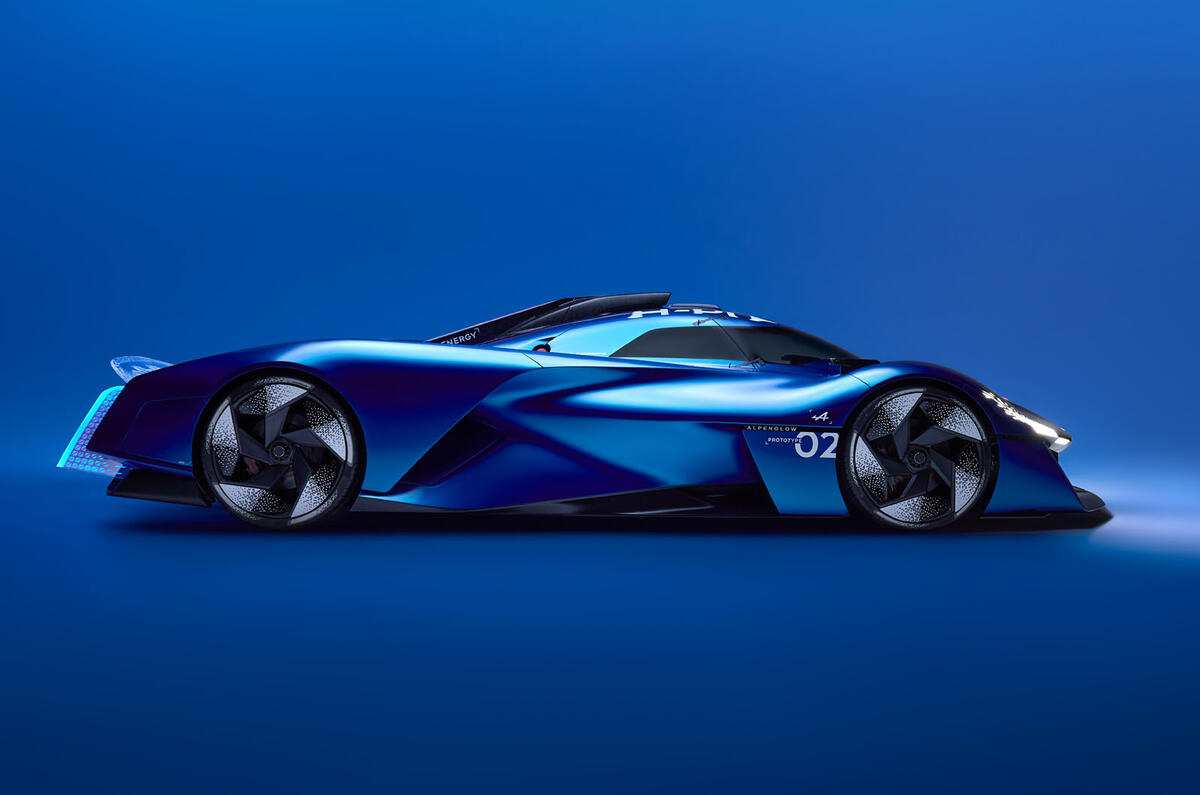
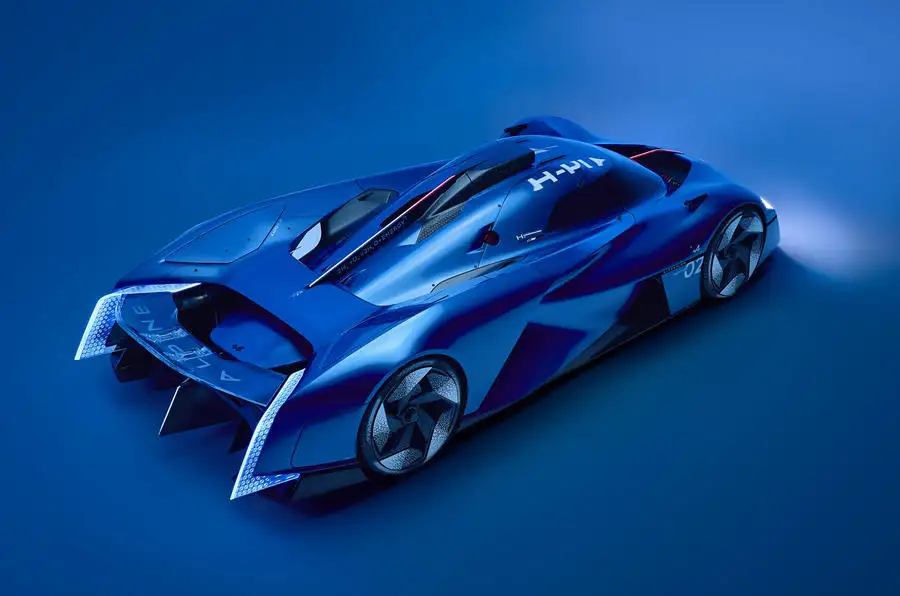



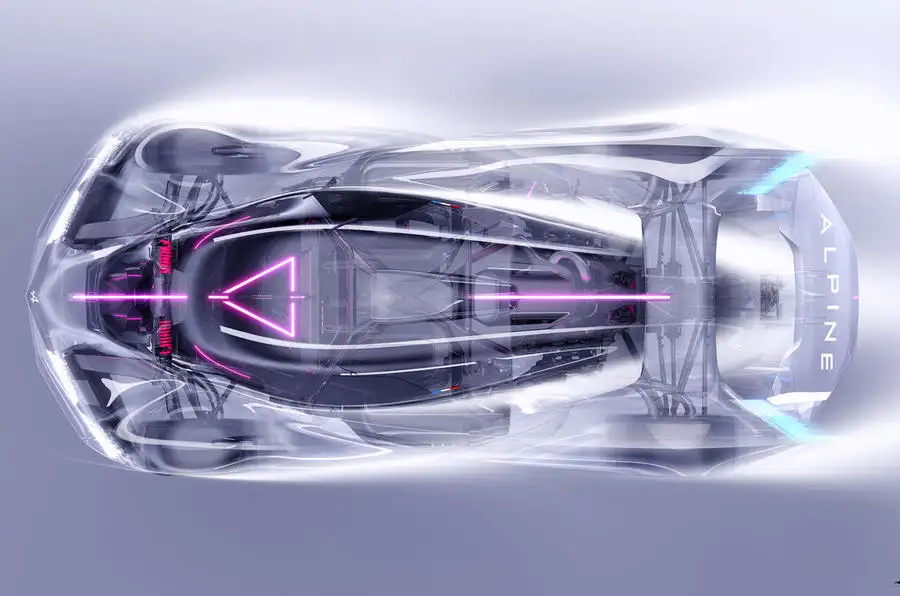
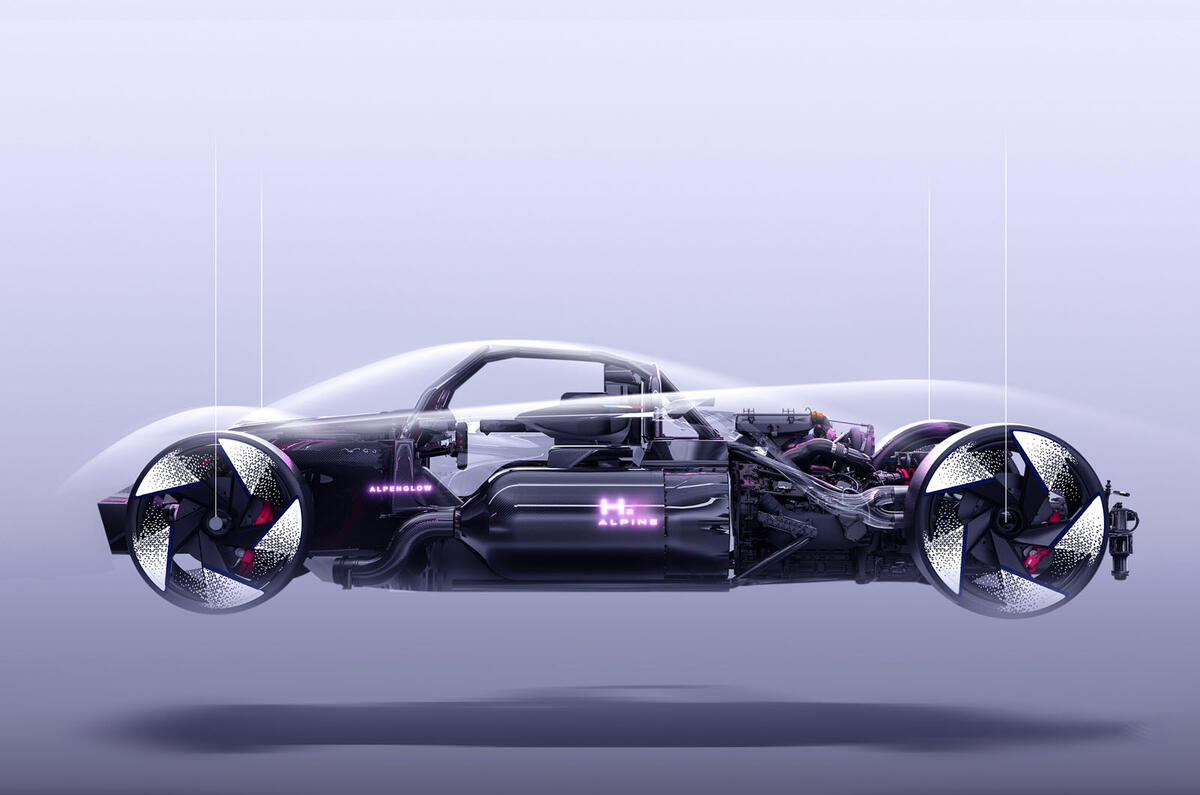



















Join the debate
Add your comment
Manufacturers should have concentrated in hydrogen 15 years ago instead of wasting money on cars that last about 5 years then need to be scrapped. EVs are a short term solution, an extremely environmentally disruptive solution.
They've already wasted billions and billions, 5 years then scrapped lol.
Tesla have shown that on average cars that last 180,000 miles have 15% loss of range.
The cost per kilo at the few US stations that sell it is a whooping 26 pound per kilo, 33 dollars, so to fill up a Mirai costs 120 quid. No wonder Shell pulled out and Toyota still subsidise fuel costs for new leasers.
So other than initial costs, running costs, weight, packaging, next to no where to fill up, cars only lasting 10 years due to tank life cycle constraints, complexity etc it's a practical idea.
If we ever have a green grid, the we will have times with massive overproduction of electricity, so that when the wind isnt blowing, and the sun isnt shining we still keep the lights on, and the heat turned up. But what to do with all that surplus electricity? Best bet, is make hydrogen. Yes, you could simply burn it in a power station, but of course you could sell it for use in transport. I suspect it will prove very popular in HGVs, and other heavy users. It probably wont be used in many cars, but why not a few special ones? I think this is the idea Renault are working with here, and i approve.
As for the opinion piece at the end saying most hydrogen is currently grey from fossil fuel, where do you think the electricity we use does and will come from as we use more and more of it? Buy an EV today, and its an extra appliance plugged into the grid, and the grid will burn some more gas to power it. Its VERY VERY rare we get to turn off all the gas, and it can easily be the biggest part of the power supply in deep cold mid winter.
Even though we use as much as 40% fossil fuel, the ccgt gas turbine uses water heat from the gas turbine for use in the steam turbine. I'm sure your aware of the in efficiency of the internal combustion engine, it's basically a heater that produces a spin off bit of kinetic energy at 30% efficiency. A ccgt can reach 80% efficiency. So an EV is not zero emissions, but it's a lot better, also it gets better every year.
Lastly, there has been huge effort for thirty years with hydrogen, but it doesn't work with ice. The alpine has 125 litres of hydrogen across three cylinder tanks. Thats huge. You can't find a space in a normal car. In Toyota motor sports, they chill the hydrogen to liquid, but that has to be maintained at -250°c.